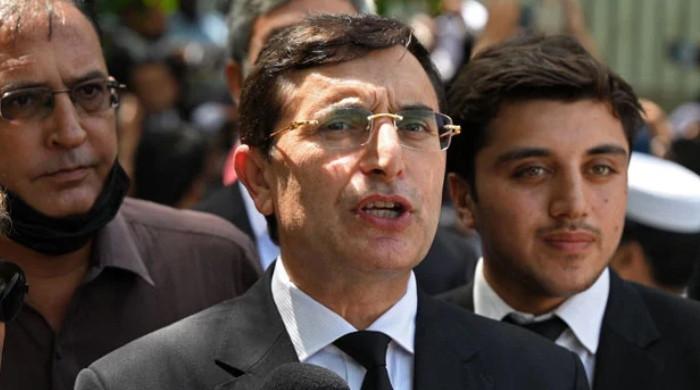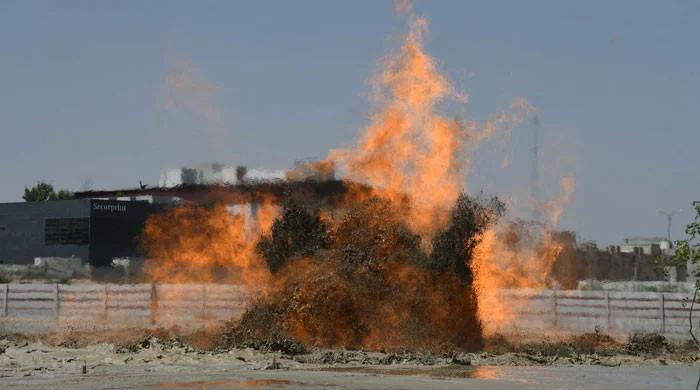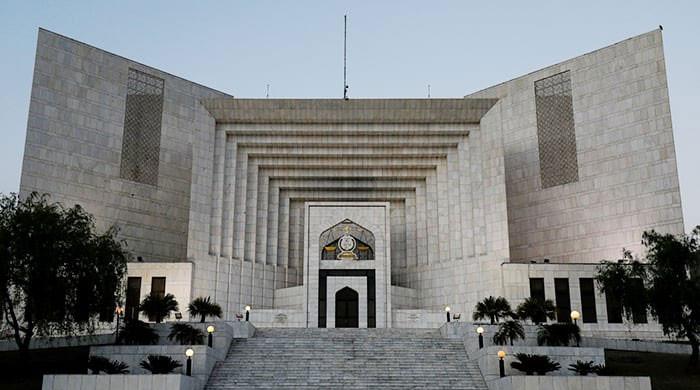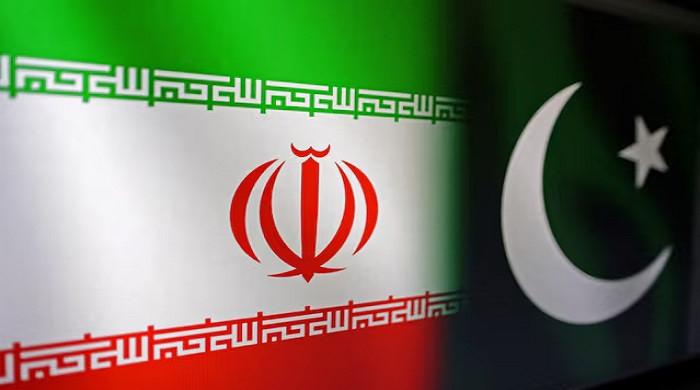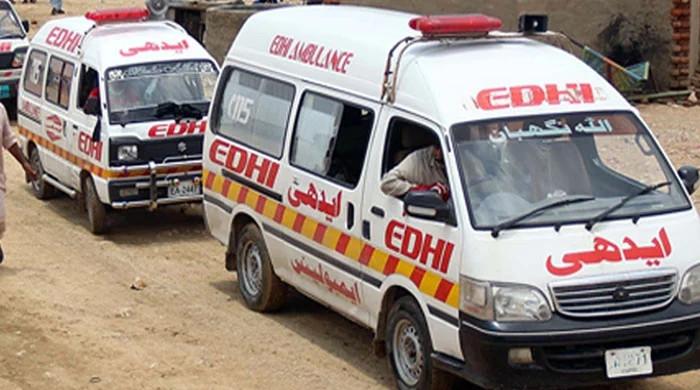By killing Mansour, US killed Afghan peace process
Mullah Omar's eldest son Yaqoob could be made new head to unite Taliban factions
May 23, 2016
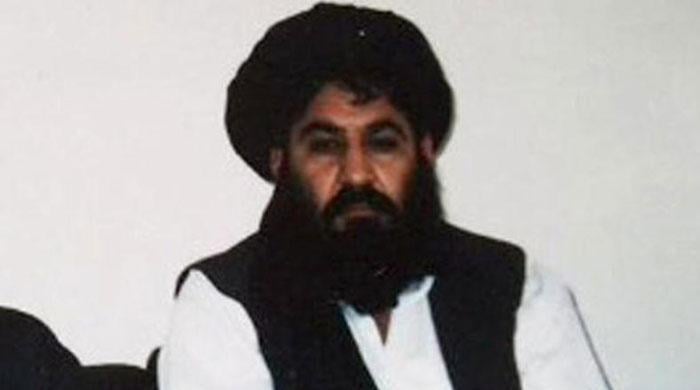
PESHAWAR: By killing Taliban leader Mulla Akhtar Mohammad Mansour in a drone strike in Balochistan on Saturday, the US has killed the chances of any peace process in Afghanistan.
The Taliban rank and file and whoever is chosen as their new leader won’t be able to justify holding talks with the Afghan government, which is heavily dependent on the US military and economic assistance for its survival, in the changed situation. The new Taliban ameer would have to follow the policies of the late Taliban supreme leader Mulla Mohammad Omar and his successor, Mulla Akhtar Mohammad Mansour, both of whom were against recognizing the pro-US Afghan government and holding peace talks with it.
The US has been generally opposed to engaging in peace talks with the Taliban, whether Afghan or Pakistan. Though it backed the so-called Afghan-owned and Afghan-led peace process and verbally supported talks with the Taliban, its actions haven’t contributed to peacemaking in Afghanistan and Pakistan.
The US was aggressively opposed to peace talks with the Pakistani Taliban as it believed this would mean an end to Pakistan military operations against them and free them up to shift to neighbouring Afghanistan to fight against the US-led Nato and Afghan forces. The drone strike by the US in South Waziristan that killed Pakistani Taliban commander Nek Mohammad in June 2004 destroyed the April 2004 peace agreement concluded by the Pakistan Army with the local militants in Shakai.
The US also torpedoed a few other peace initiatives including the one between the Pakistan government and the TTP commander Maulana Faqir Mohammad in Bajaur Agency and with TTP head Hakimullah Mehsud in Waziristan by undertaking drone attacks just in time to derail any prospects of peace through negotiations.
Mulla Mansour had chosen the path of war and one of its consequences could always have been violent death. That it happened due to a missile fired by a US drone in Balochistan’s Naushki district was surprising because there had never been any attack by the CIA-managed unmanned aircraft until now in this province.
The attack would bring to an end the relative safety that Afghan Taliban leaders and members enjoyed in Balochistan. The theatre of drone warfare in Pakistan has been extended to Balochistan from Fata, where an overwhelming majority of the attacks took place, and Khyber Pakhtunkhwa, which experienced just one drone strike. This is a clear US message for Pakistan that it won’t hesitate to carry out drone strikes in Balochistan, or elsewhere if need be, if Islamabad didn’t take action against the irreconcilable Taliban figures refusing peace talks with the Afghan government.
With Mansour gone, Taliban would now have to embark upon another uncertain process of choosing their new head. The process last July was messy when acting chief Mansour was hurriedly made the leader to succeed Mulla Omar. A dissident group opposed his leadership and formed a breakaway faction with Mulla Mohammad Rasool as its head.
The search for a new head could cause divisions as it happened last summer, more so due to the realisation that the Taliban no longer have strong leaders such as Mulla Omar or even Mansour.
However, a more likely scenario could be the elevation of someone like Mulla Mohammad Yaqoob, the eldest son of late Mulla Omar, to the status of the new ameer to ensure a smooth transition and unite the fractious Taliban movement. Yaqoob is young and inexperienced, but he is non-controversial and reportedly acceptable to all factions. The Mulla Rasool faction has already hinted that it could rejoin the mainstream Taliban until now headed by Mansour in case Yaqoob is chosen as the new leader. If this happens, the Taliban would emerge as a more united and stronger militant group that would be difficult to tackle for the other stakeholders in Afghanistan.
—Originally published in The News




